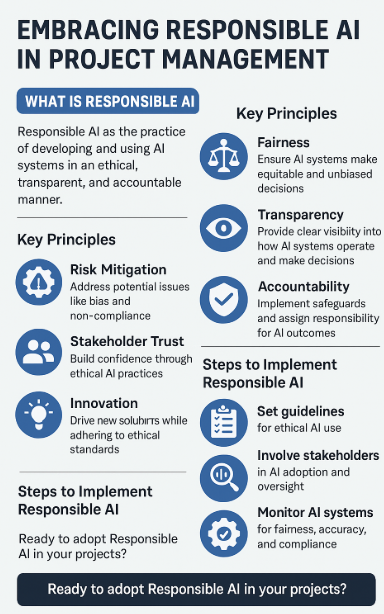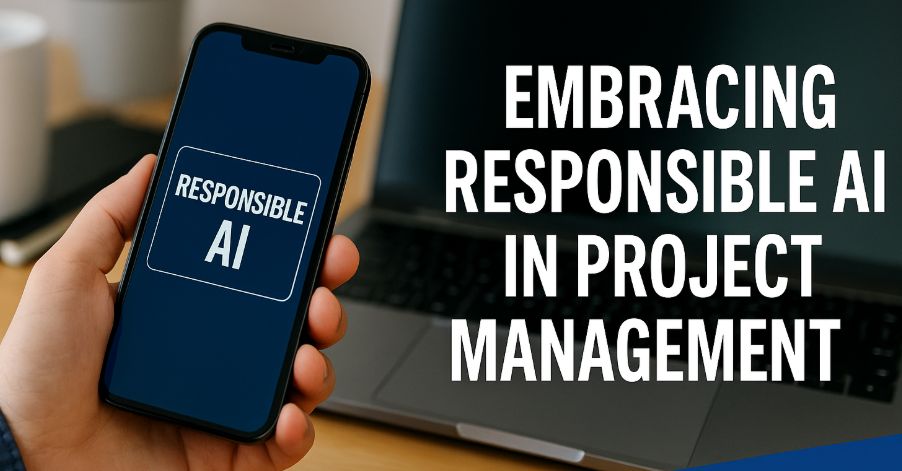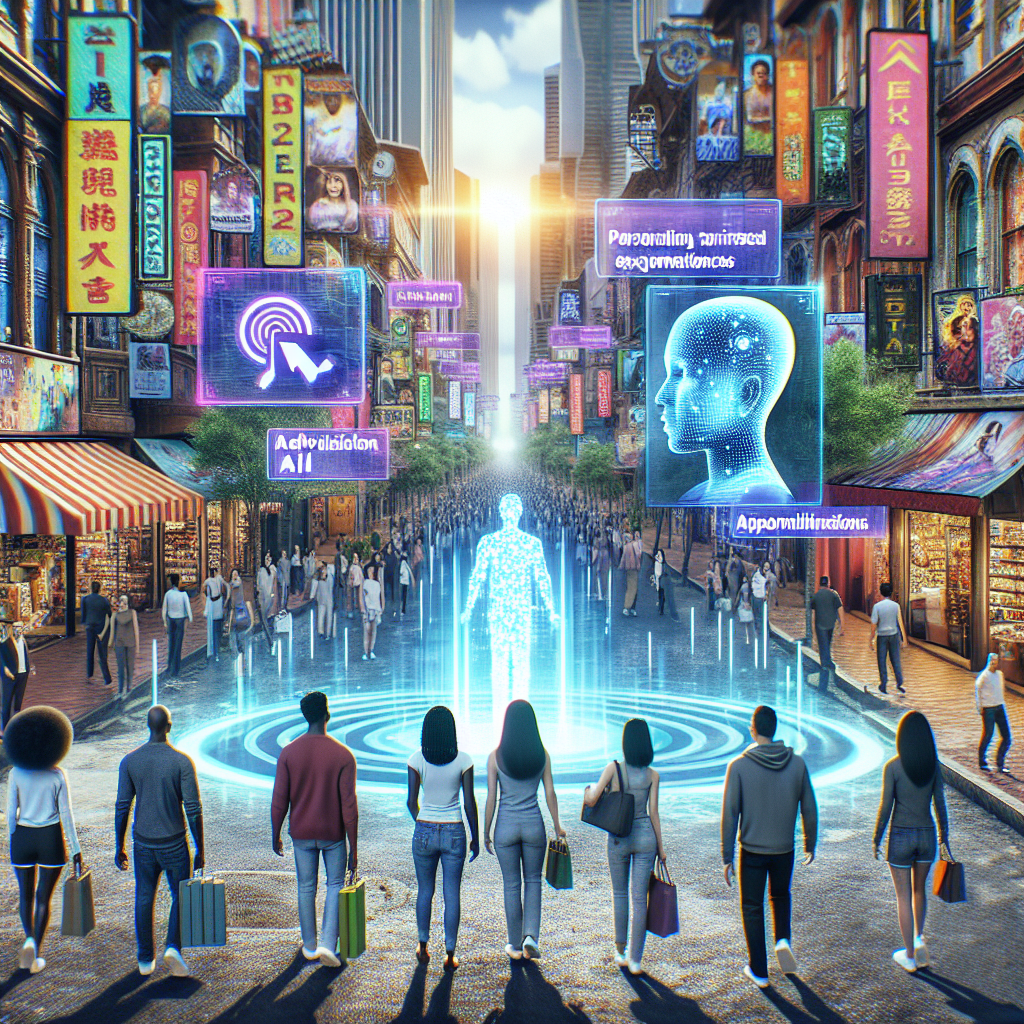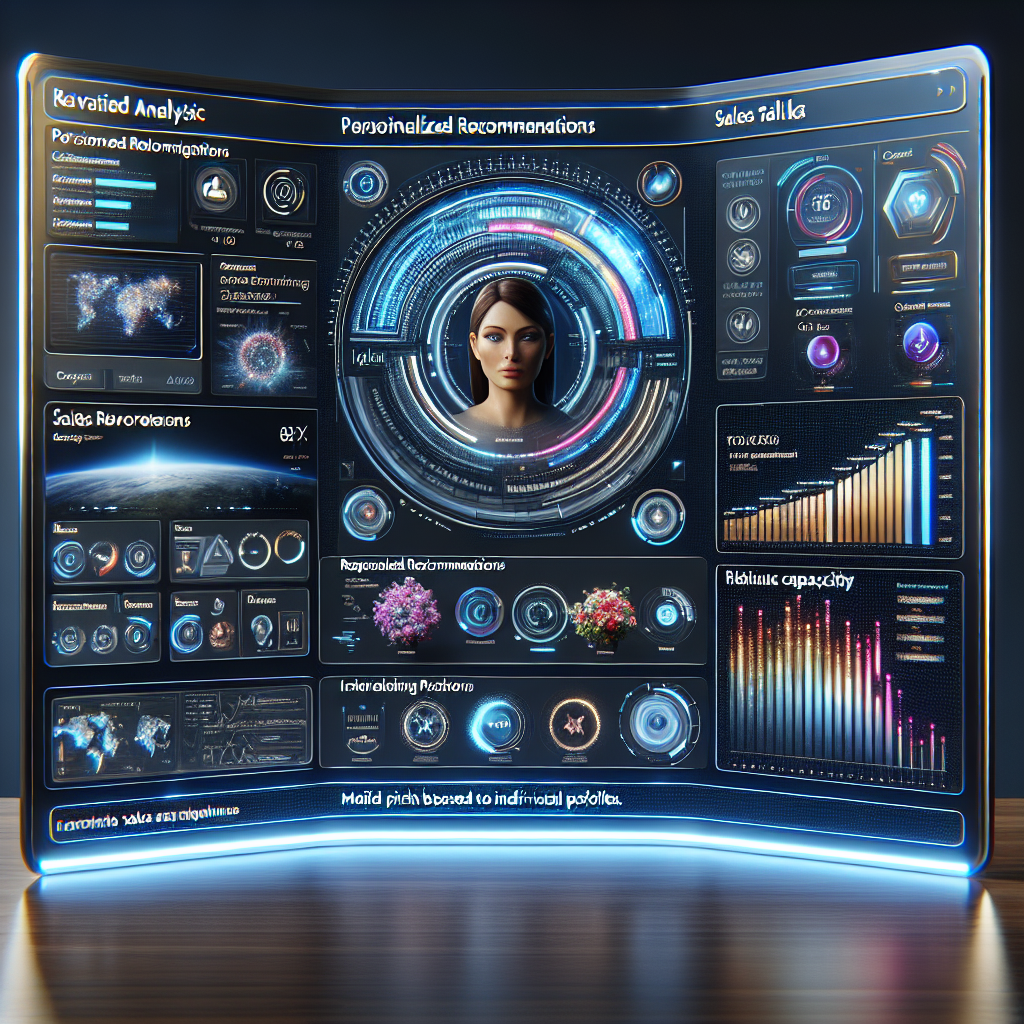In today’s rapidly evolving tech landscape, Artificial Intelligence (AI) is no longer a futuristic concept it’s a business reality. From automating complex tasks to delivering actionable insights, AI has the potential to redefine how projects are managed. However, as this technology integrates deeper into core processes, a pressing question arises: Are we using AI responsibly?
Responsible AI in project management is not just a buzzword; it’s a necessary shift toward ethical, compliant, and efficient implementation of AI tools and techniques. In this article, we’ll explore the implications, benefits, and strategies for adopting Responsible AI across all phases of project management.
Understanding the Impact of Responsible AI in Project Management
Project managers today operate at the intersection of advanced technology and human-centric leadership. Tools powered by AI such as predictive analytics, automated reporting, and intelligent scheduling can dramatically enhance efficiency and accuracy. But as AI becomes embedded in decision-making processes, leaders must consider the ethical dimensions of its use.
Responsible AI focuses on transparency, accountability, privacy, fairness, and compliance. It ensures that AI-driven tools are not only accurate but also trustworthy. Without these principles in place, AI can inadvertently lead to biased decisions, data misuse, or even reputational damage.
The Role of Responsible AI in Project Leadership
Let’s break down what it means to lead with Responsible AI in project management:
-
Critical Use Evaluation: Every project decision involving AI must consider its societal and ethical implications. This includes evaluating algorithmic fairness, impact on stakeholders, and transparency in AI-generated outcomes.
-
Data Governance and Privacy: Responsible AI practices demand strict compliance with data privacy laws like GDPR and CCPA. Project managers must ensure that sensitive data used in AI models is ethically sourced and securely stored.
-
Accountability Measures: When an AI system influences key business outcomes, there must be clear accountability. Project teams need defined roles and escalation paths if AI systems deliver flawed or unexpected outputs.
Benefits of Integrating Responsible AI in Project Management

Embracing Responsible AI practices delivers multifaceted advantages for organizations and project teams:
-
Risk Mitigation: By aligning AI decisions with risk management frameworks, project leaders can avoid potential pitfalls like biased hiring, flawed predictions, or regulatory penalties.
-
Reputation Management: Projects led with transparency and ethical AI usage are more likely to earn stakeholder trust. In a hyper-connected world, reputation is currency and Responsible AI helps preserve it.
-
Legal Compliance: Responsible AI ensures that project execution complies with international and industry-specific data and AI regulations, minimizing litigation and compliance costs.
-
Innovation with Guardrails: Contrary to slowing innovation, Responsible AI fosters smarter innovation by guiding teams to innovate within ethical and operational guardrails.
Implementing Responsible AI: What It Means for Project Managers
Responsible AI doesn’t require deep tech expertise it requires intentional planning and ethical foresight. Here’s how project managers can start integrating it:
-
Set Clear Governance Protocols: Define what Responsible AI looks like for your project. Establish policies for data usage, bias audits, and model validation.
-
Collaborate with Cross-Functional Experts: Partner with legal, cybersecurity, and compliance teams to ensure all perspectives are considered during AI adoption.
-
Choose the Right Tools: Adopt AI platforms that prioritize explainability and offer built-in compliance features. Always evaluate vendors based on their Responsible AI principles.
-
Monitor Continuously: Responsible AI is not a “set and forget” model. Regularly review outcomes, retrain models, and gather feedback from diverse stakeholders.
What Project Teams Gain from Responsible AI
Responsible AI is more than just compliance it’s a strategic asset. Teams that adopt it are more resilient, adaptable, and aligned with modern stakeholder expectations.
When ethical principles drive AI usage:
-
Projects are executed with greater trust and clarity.
-
Decisions are backed by transparent logic.
-
Risks are identified and addressed proactively.
Conclusion: The Call to Action for Future-Proof Leaders
As AI continues to reshape industries, project managers stand at a critical juncture. The choice is clear: lead with intention, or risk unintended consequences.
Adopting Responsible AI in project management isn’t a trend it’s a mindset shift that ensures long-term success. By placing ethics, compliance, and transparency at the center of AI-powered projects, leaders can build robust frameworks that drive sustainable growth.







